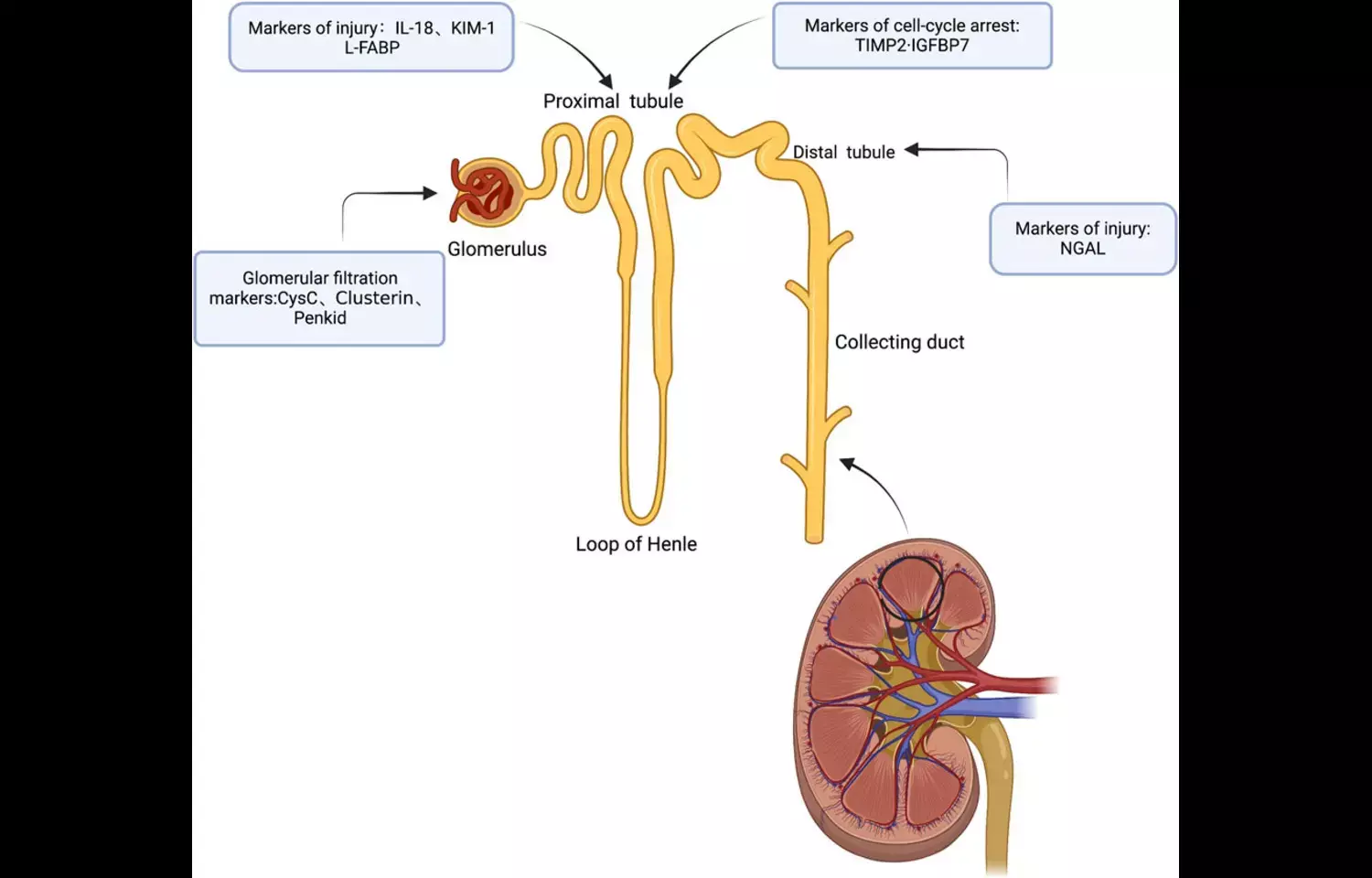- Home
- Medical news & Guidelines
- Anesthesiology
- Cardiology and CTVS
- Critical Care
- Dentistry
- Dermatology
- Diabetes and Endocrinology
- ENT
- Gastroenterology
- Medicine
- Nephrology
- Neurology
- Obstretics-Gynaecology
- Oncology
- Ophthalmology
- Orthopaedics
- Pediatrics-Neonatology
- Psychiatry
- Pulmonology
- Radiology
- Surgery
- Urology
- Laboratory Medicine
- Diet
- Nursing
- Paramedical
- Physiotherapy
- Health news
- Fact Check
- Bone Health Fact Check
- Brain Health Fact Check
- Cancer Related Fact Check
- Child Care Fact Check
- Dental and oral health fact check
- Diabetes and metabolic health fact check
- Diet and Nutrition Fact Check
- Eye and ENT Care Fact Check
- Fitness fact check
- Gut health fact check
- Heart health fact check
- Kidney health fact check
- Medical education fact check
- Men's health fact check
- Respiratory fact check
- Skin and hair care fact check
- Vaccine and Immunization fact check
- Women's health fact check
- AYUSH
- State News
- Andaman and Nicobar Islands
- Andhra Pradesh
- Arunachal Pradesh
- Assam
- Bihar
- Chandigarh
- Chattisgarh
- Dadra and Nagar Haveli
- Daman and Diu
- Delhi
- Goa
- Gujarat
- Haryana
- Himachal Pradesh
- Jammu & Kashmir
- Jharkhand
- Karnataka
- Kerala
- Ladakh
- Lakshadweep
- Madhya Pradesh
- Maharashtra
- Manipur
- Meghalaya
- Mizoram
- Nagaland
- Odisha
- Puducherry
- Punjab
- Rajasthan
- Sikkim
- Tamil Nadu
- Telangana
- Tripura
- Uttar Pradesh
- Uttrakhand
- West Bengal
- Medical Education
- Industry
Angiotensinogen as a Predictive Biomarker for AKI and CKD After AMI: Study

A study published in BMC Nephrology explored whether serum angiotensinogen could serve as a reliable biomarker to identify patients at higher risk of developing acute kidney injury or chronic kidney disease after an acute myocardial infarction.
The authors reported that elevated angiotensinogen levels shortly after the cardiac event were consistently associated with worsening kidney outcomes during follow-up. Since acute myocardial infarction triggers systemic inflammation, neurohormonal activation, and hemodynamic instability, the kidneys often become vulnerable to secondary injury. The researchers noted that angiotensinogen may reflect underlying activation of the renin–angiotensin–aldosterone system, which plays a central role in renal tissue stress, tubular dysfunction, and long-term decline in kidney function. This makes angiotensinogen a promising candidate for early detection of renal risk in this patient population.
The study highlighted that angiotensinogen performed well compared with routine laboratory markers, offering earlier and more specific insight into renal vulnerability. Patients with higher serum concentrations showed a clearer tendency toward persistent kidney impairment as time progressed. The authors suggested that integrating angiotensinogen measurement into early post-acute myocardial infarction evaluation may enable clinicians to identify at-risk patients well before overt renal injury becomes clinically apparent. Such early detection could support more individualized monitoring, careful hydration strategies, optimized medication use, and tailored renoprotective interventions. The findings also point toward the broader role of the renin–angiotensin–aldosterone system in the cascade that links cardiac events to renal decline.
Based on these observations, the researchers recommended further clinical validation of angiotensinogen as an accessible and practical biomarker. They emphasized that early identification of high-risk patients may improve renal outcomes and reduce preventable progression to chronic kidney disease after acute myocardial infarction. The authors also called for additional work to understand how angiotensinogen interacts with other biological pathways, and whether targeted therapeutic modulation may offer protective benefits. This study adds meaningful evidence to ongoing efforts to refine post-acute myocardial infarction risk stratification and enhance care for patients vulnerable to kidney complications.
Reference: Liu, Y., Chen, L., Zhao, X., Wang, Q., & Xu, J. (2025). Serum angiotensinogen as a predictive biomarker for acute kidney injury and chronic kidney disease after acute myocardial infarction. BMC Nephrology. https://doi.org/10.1186/s12882-025-04573-7
Dr. Shravani Dali has completed her BDS from Pravara institute of medical sciences, loni. Following which she extensively worked in the healthcare sector for 2+ years. She has been actively involved in writing blogs in field of health and wellness. Currently she is pursuing her Masters of public health-health administration from Tata institute of social sciences. She can be contacted at editorial@medicaldialogues.in.
Dr Kamal Kant Kohli-MBBS, DTCD- a chest specialist with more than 30 years of practice and a flair for writing clinical articles, Dr Kamal Kant Kohli joined Medical Dialogues as a Chief Editor of Medical News. Besides writing articles, as an editor, he proofreads and verifies all the medical content published on Medical Dialogues including those coming from journals, studies,medical conferences,guidelines etc. Email: drkohli@medicaldialogues.in. Contact no. 011-43720751


